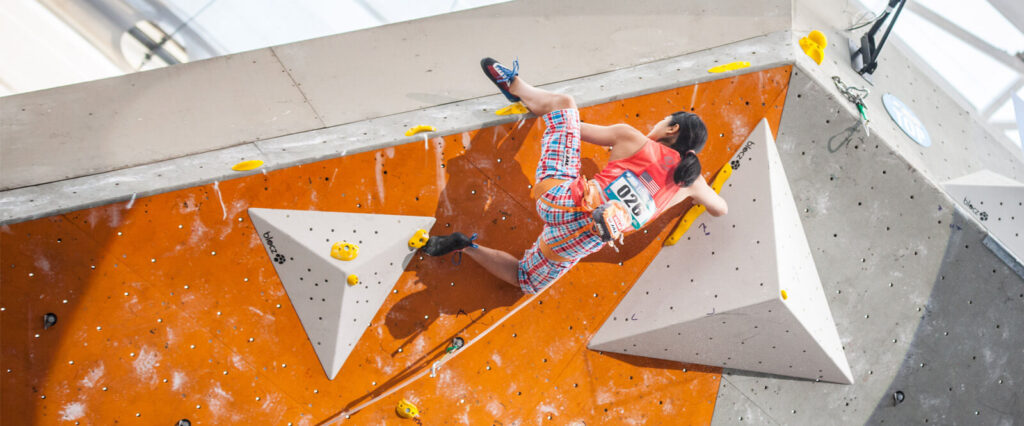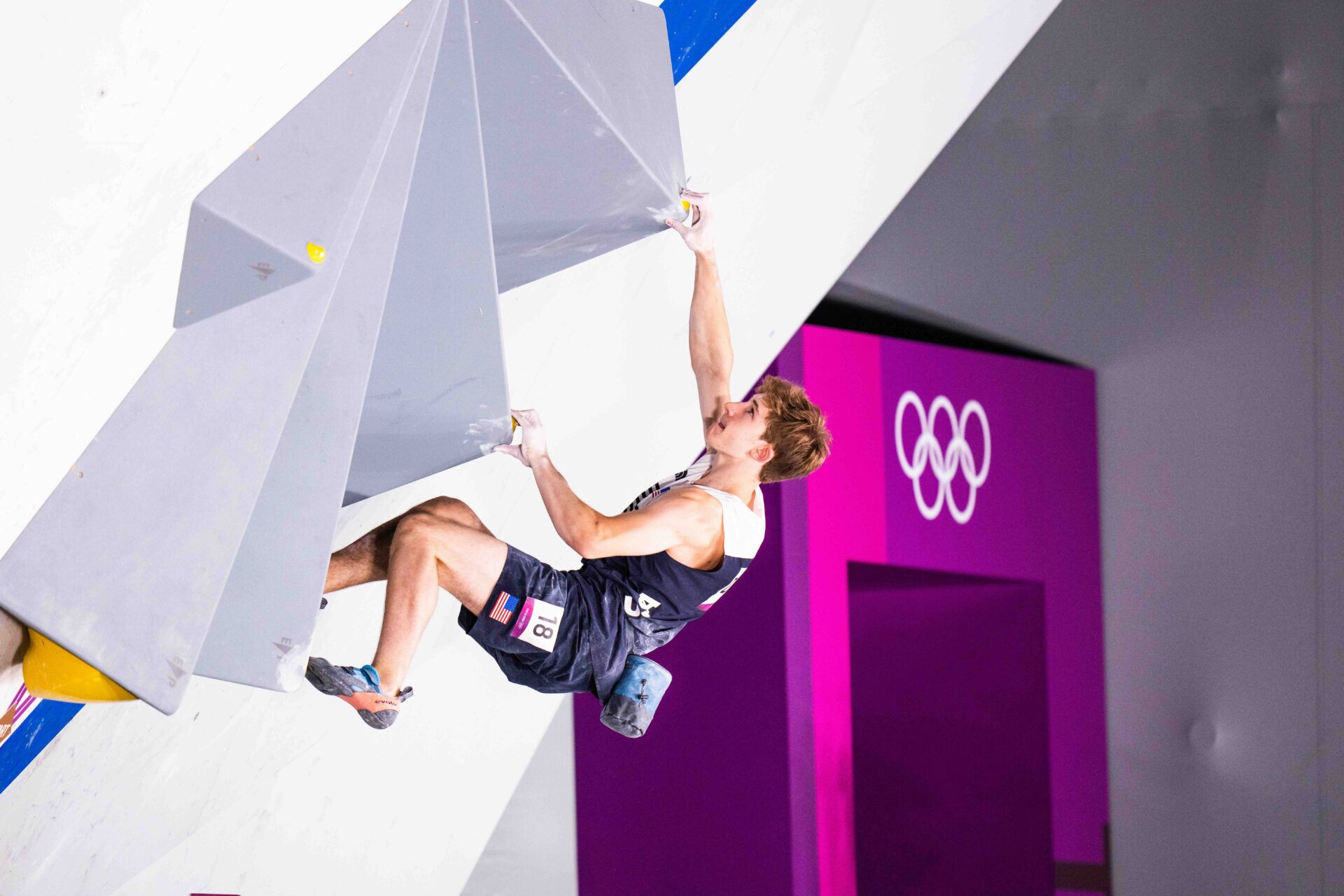Sport climbing has taken the world by storm, and its inclusion in the Olympics has only fueled its popularity. A thrilling blend of strength, strategy, and agility, Olympic sport climbing is a must-watch event for fans of extreme sports. In this article, we’ll explore the history, disciplines, and future of sport climbing in the Olympics while answering the key question: How many Olympic sports are climbing? Let’s dive in!
History of Sport Climbing in the Olympics

Sport climbing made its Olympic debut at the Tokyo 2020 Games, marking a major milestone for the sport. Though climbing has long been a competitive sport, its inclusion in the Olympics was the result of growing global interest and advocacy by the International Federation of Sport Climbing (IFSC).
The push for Olympic recognition began in the early 2000s, with climbing becoming part of the Youth Olympic Games in Buenos Aires 2018. Following its successful debut in Tokyo, sport climbing will return for the Paris 2024 Olympics, with an expanded format to enhance the competition.
Olympic Sport Climbing Disciplines
Sport climbing in the Olympics consists of three primary disciplines:
1. Speed Climbing
- Climbers race up a standardized 15-meter wall, aiming for the fastest possible time.
- The route remains the same for every competition, making it a pure test of speed and reaction time.
- Speed climbing was a decisive factor in the Tokyo 2020 combined format and remains a standalone event in Paris 2024.
2. Bouldering
- Climbers solve short but complex climbing problems on a 4.5-meter-high wall.
- Requires immense power, problem-solving skills, and adaptability.
- Scoring is based on the number of problems completed and the number of attempts taken.
3. Lead Climbing
- Climbers ascend a 15-meter wall within a time limit, aiming to reach the highest point possible.
- Unlike speed climbing, the route is unknown to competitors before the event.
- This discipline demands endurance, technique, and mental resilience.
In Tokyo 2020, all three disciplines were combined into one event, but for Paris 2024, Speed Climbing is a separate competition, while Bouldering and Lead Climbing are combined.
How Many Olympic Sports Are Climbing?
The Olympics currently feature one official climbing sport: Sport Climbing. However, this sport is divided into two distinct medal events:
- Speed Climbing (Standalone event)
- Bouldering & Lead Combined (Single event)
While some outdoor adventure sports, like Alpine climbing and mountaineering, share similarities with Olympic events, they are not yet part of the Olympic program. Sport climbing remains the sole Olympic sport dedicated to climbing-related competition.
Notable Olympic Sport Climbing Athletes
The Tokyo 2020 Games saw some incredible performances from elite climbers. Here are a few standout names:
- Alberto Ginés López (Spain): Won the first-ever Olympic gold medal in sport climbing.
- Janja Garnbret (Slovenia): Dominated the women’s event, proving why she’s a legend in the sport.
- Nathaniel Coleman (USA): A surprise silver medalist who showcased incredible bouldering skills.
- Miho Nonaka (Japan): Claimed silver for Japan, cementing the country’s strength in the sport.
Paris 2024 is expected to bring even more thrilling performances from new and returning athletes.
Training and Preparation for Olympic Sport Climbing
Olympic sport climbing requires an intense level of training that blends multiple elements:
- Strength and Power Training: Focus on explosive movements and grip endurance.
- Mental Preparation: Climbing is as much about problem-solving as physical ability.
- Flexibility and Mobility: Essential for reaching holds efficiently and minimizing injury risk.
- Endurance Workouts: Particularly crucial for lead climbing events.
Elite climbers train year-round, often traveling to the world’s best climbing gyms and natural rock formations to refine their techniques.
Sport Climbing’s Future in the Olympics
The success of sport climbing in Tokyo 2020 and its continuation in Paris 2024 suggest a strong future for the sport in the Olympic Games.
Potential future changes include:
- Additional climbing events (e.g., separate Bouldering and Lead categories).
- The inclusion of para-climbing in the Paralympic Games.
- Possible expansion to Los Angeles 2028, where the sport’s growth in North America may further solidify its place in the Olympics.
Conclusion
Sport climbing has quickly established itself as an electrifying Olympic event, showcasing a perfect mix of speed, strength, and strategy. With Paris 2024 set to introduce an improved format, the future looks bright for competitive climbing on the world’s biggest stage.
If you’re inspired to get into climbing, check out more guides and tips at Easy Sports Guide and start your climbing journey today!

